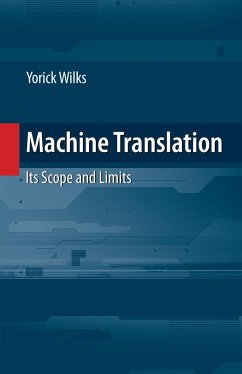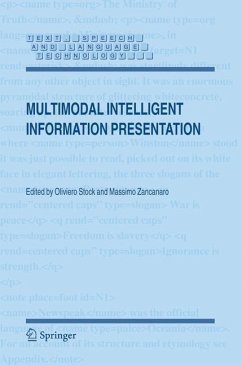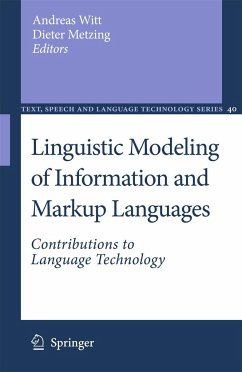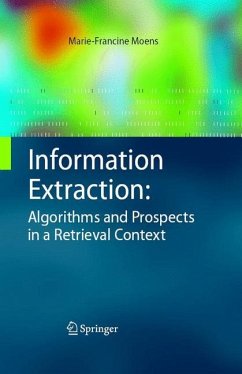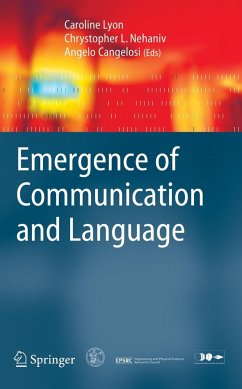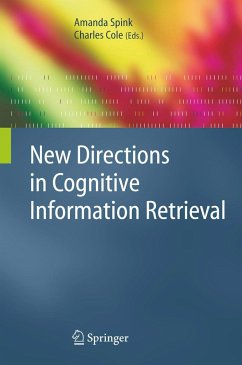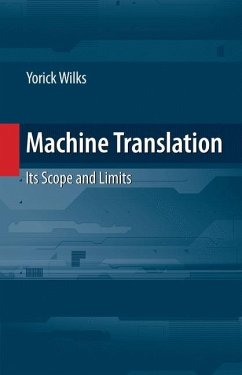Nicht lieferbar
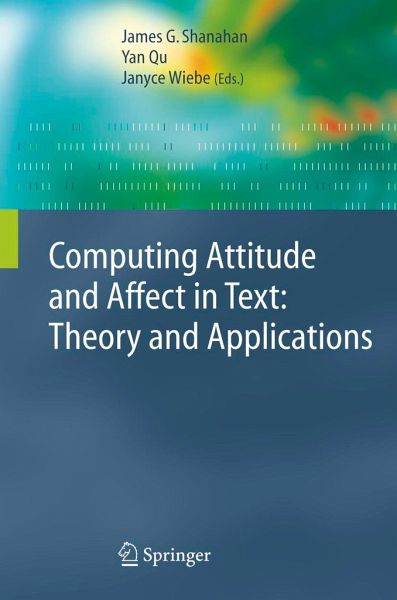
Computing Attitude and Affect in Text: Theory and Applications
Versandkostenfrei!
Nicht lieferbar
Human Language Technology (HLT) and Natural Language Processing (NLP) systems have typically focused on the "factual" aspect of content analysis. Other aspects, including pragmatics, opinion, and style, have received much less attention. However, to achieve an adequate understanding of a text, these aspects cannot be ignored. The chapters in this book address the aspect of subjective opinion, which includes identifying different points of view, identifying different emotive dimensions, and classifying text by opinion. Various conceptual models and computational methods are presented. The model...
Human Language Technology (HLT) and Natural Language Processing (NLP) systems have typically focused on the "factual" aspect of content analysis. Other aspects, including pragmatics, opinion, and style, have received much less attention. However, to achieve an adequate understanding of a text, these aspects cannot be ignored. The chapters in this book address the aspect of subjective opinion, which includes identifying different points of view, identifying different emotive dimensions, and classifying text by opinion. Various conceptual models and computational methods are presented. The models explored in this book include the following: distinguishing attitudes from simple factual assertions; distinguishing between the author's reports from reports of other people's opinions; and distinguishing between explicitly and implicitly stated attitudes. In addition, many applications are described that promise to benefit from the ability to understand attitudes and affect, including indexing and retrieval of documents by opinion; automatic question answering about opinions; analysis of sentiment in the media and in discussion groups about consumer products, political issues, etc. ; brand and reputation management; discovering and predicting consumer and voting trends; analyzing client discourse in therapy and counseling; determining relations between scientific texts by finding reasons for citations; generating more appropriate texts and making agents more believable; and creating writers' aids. The studies reported here are carried out on different languages such as English, French, Japanese, and Portuguese. Difficult challenges remain, however. It can be argued that analyzing attitude and affect in text is an "NLP"-complete problem.






